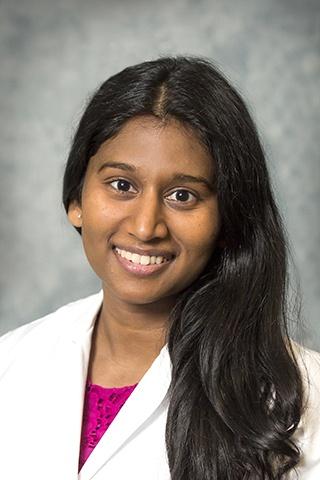A 5-year-old boy and his parents came into my clinic recently. The family had just immigrated to the U.S. The boy had been in and out of hospitals for much of his early years, and his mother was concerned that he was having trouble adjusting to his new home. "He's been through a lot and he’s a little scared of doctors," she said. So, I put away my stethoscope and let the computer stay in sleep mode. I was glad to be wearing a fleece and not a white coat. The little boy and I exchanged greetings and then we spent a few minutes looking out the window at the cars going by. He started to tell me about his new school and his favorite foods. Then he asked me, "What does a doctor really do?" It's a very good question and one I ask myself all the time.
In today's world, there are a lot of people who want to make sweeping statements on what doctors should not do: Doctors should not "be political." Doctors should just focus on the medicine and not "worry about the other stuff" (i.e. poverty, human rights, and access to health care, to name a few). As I hear the refrains about what doctors should not do, I come back to that young boy's question and how I answered it.
I told him that I get to hear people’s stories and then try to get to know them and help them. Some may contend that this can become too much. They worry that if doctors get involved in some of the most pressing issues facing our nation — from gun violence to climate crisis to racial injustice — we would become too depleted and this would contribute to worsening rates of physician burnout. I could not disagree more.
No doctor (even if they try) can be shielded from the avalanche of issues that currently exist in our increasingly complex and fractured world, nor should they be. This avalanche is present in our patients’ stories every single day, and we often encounter the symptoms before patients are ready to share the depth of their stories and struggles. However, what I sense — both from individual experience and interactions with colleagues across the globe — is some physicians’ perceived lack of agency and/or impact regarding these pressing issues is what creates the greatest sense of despair.
Family medicine, and particularly our residency program, prioritizes community engagement and a focus on the social determinants of health that affect our patients. But, we can do even more. We need to engage with our communities on a consistent and meaningful basis. We need to be ready for the true learning and growth that comes from being uncomfortable. We need to be humble enough to accept that we do not have all the answers. And we need to acknowledge that real solutions can only come when we are willing “to get into the weeds” and really partner with our patients and community members.
As a new election season is upon us, I hope more doctors will be inspired to ask more questions, listen and get engaged. Especially in times like this, getting to hear patient stories is an honor. Getting to act on them and drive lasting change is our responsibility.
Janaka Lagoo is a third-year resident with the Duke Family Medicine Residency Program. Email janaka.lagoo@duke.edu with questions.
Editor’s note: Duke Family Medicine residents guest blog every month. Blogs represent the opinion of the author, not the Duke Family Medicine Residency Program, the Department of Family Medicine and Community Health or Duke University.
